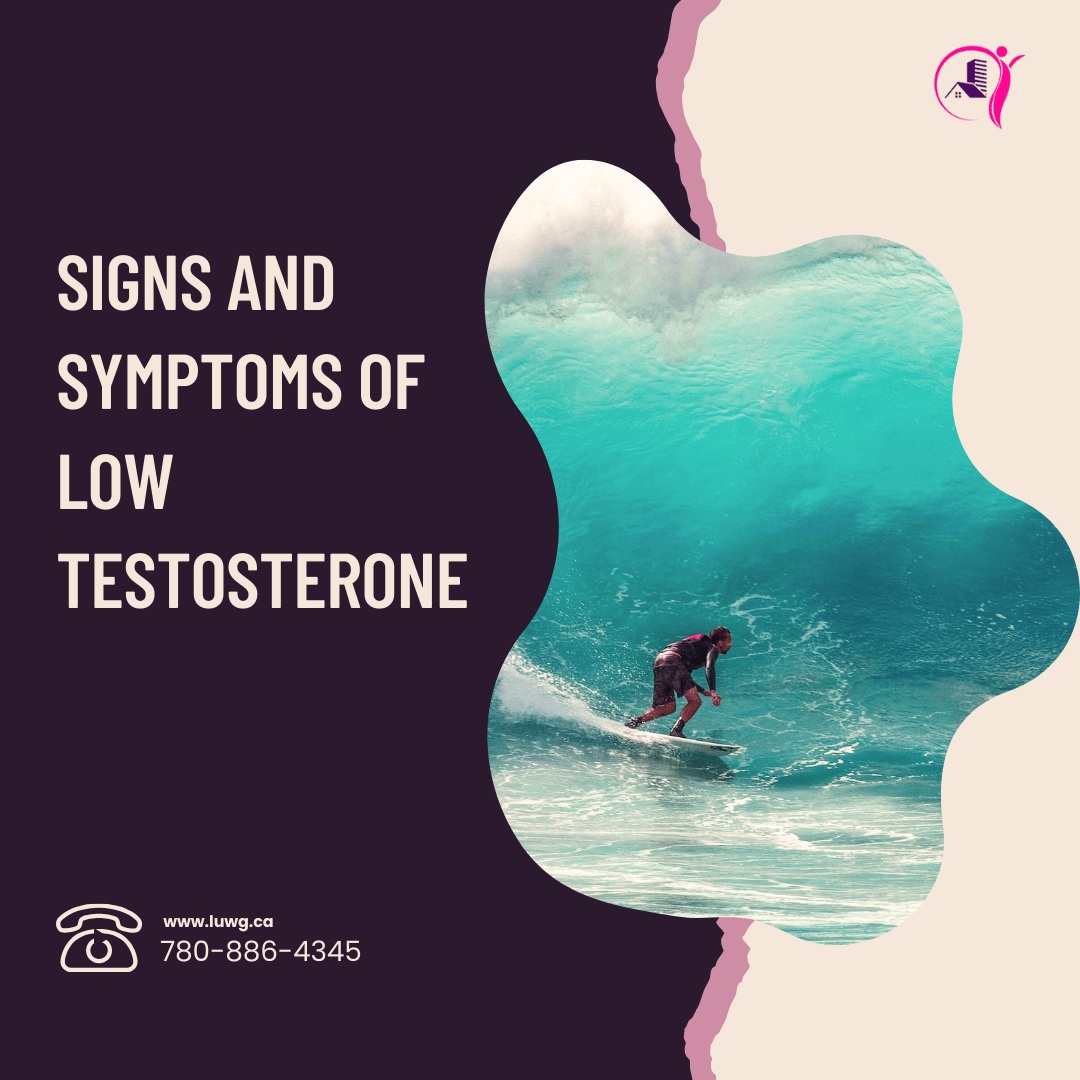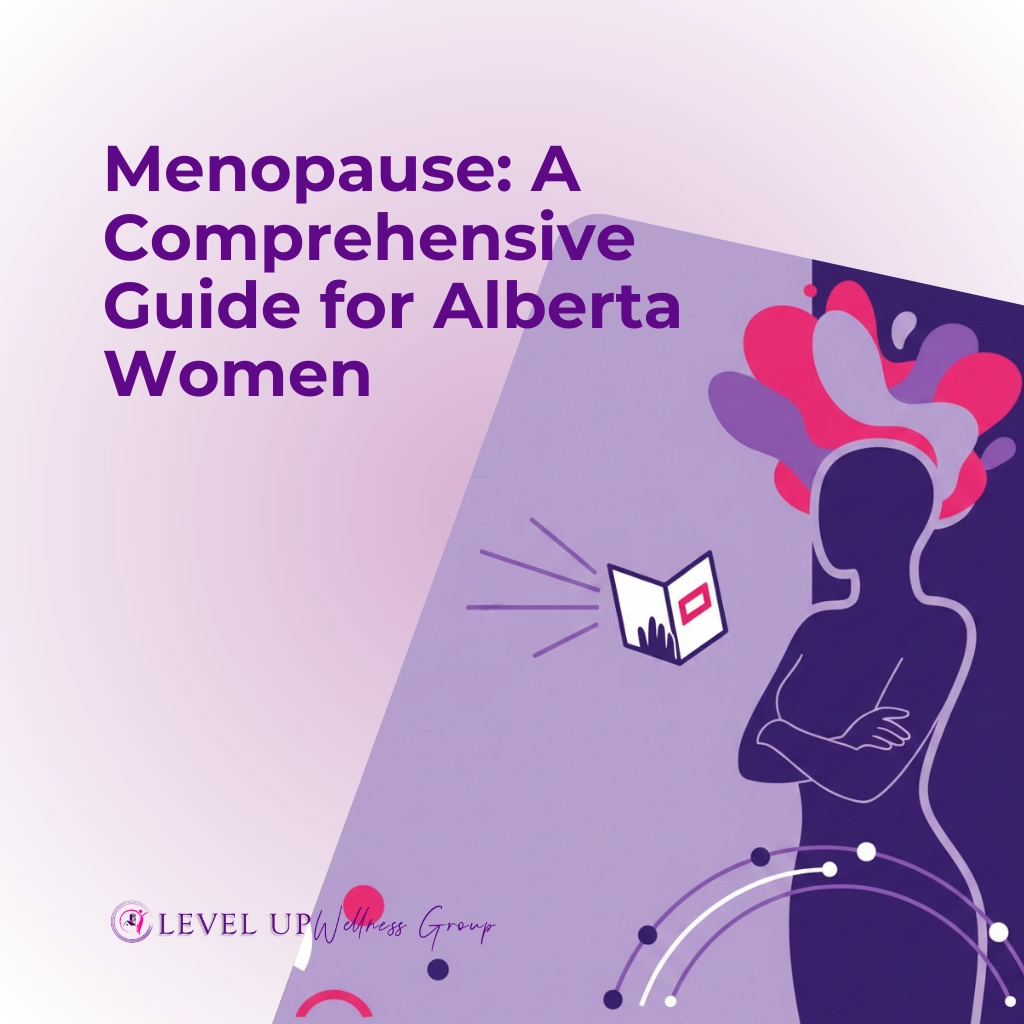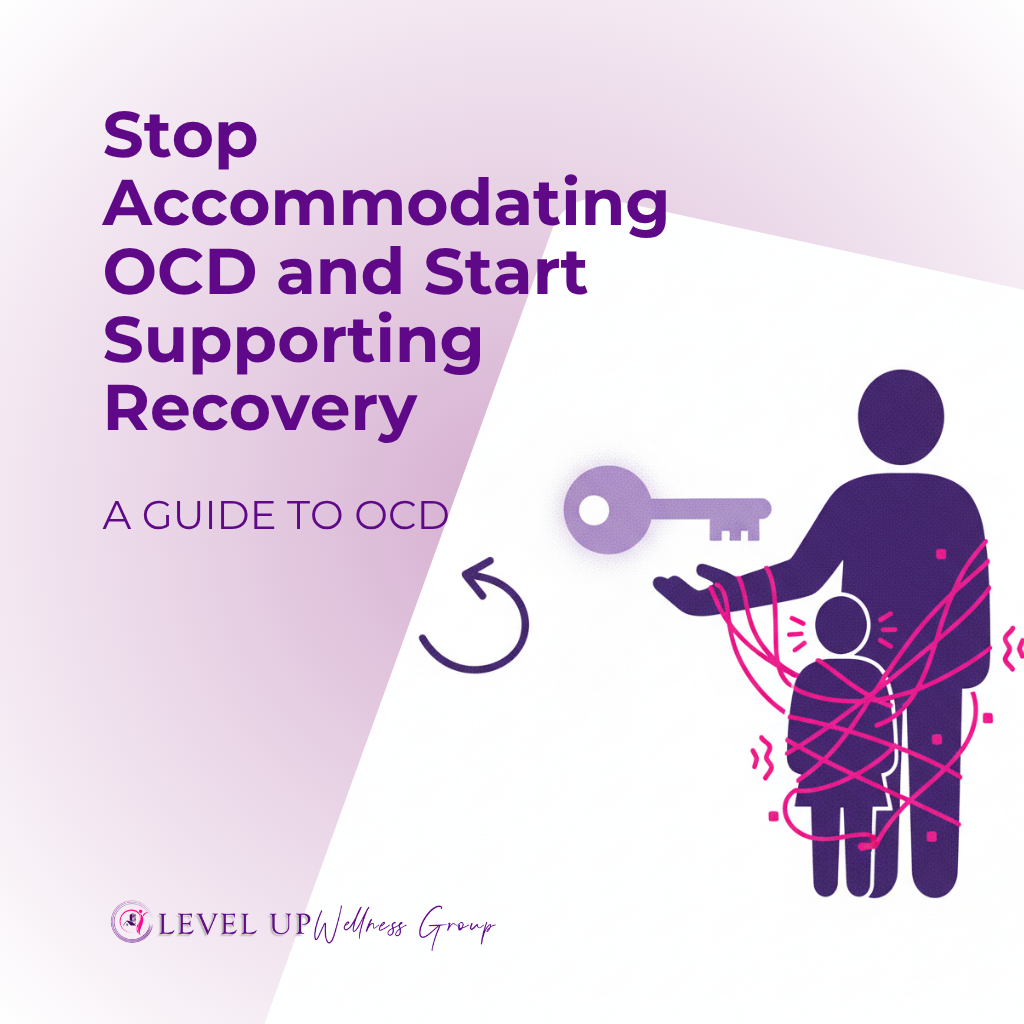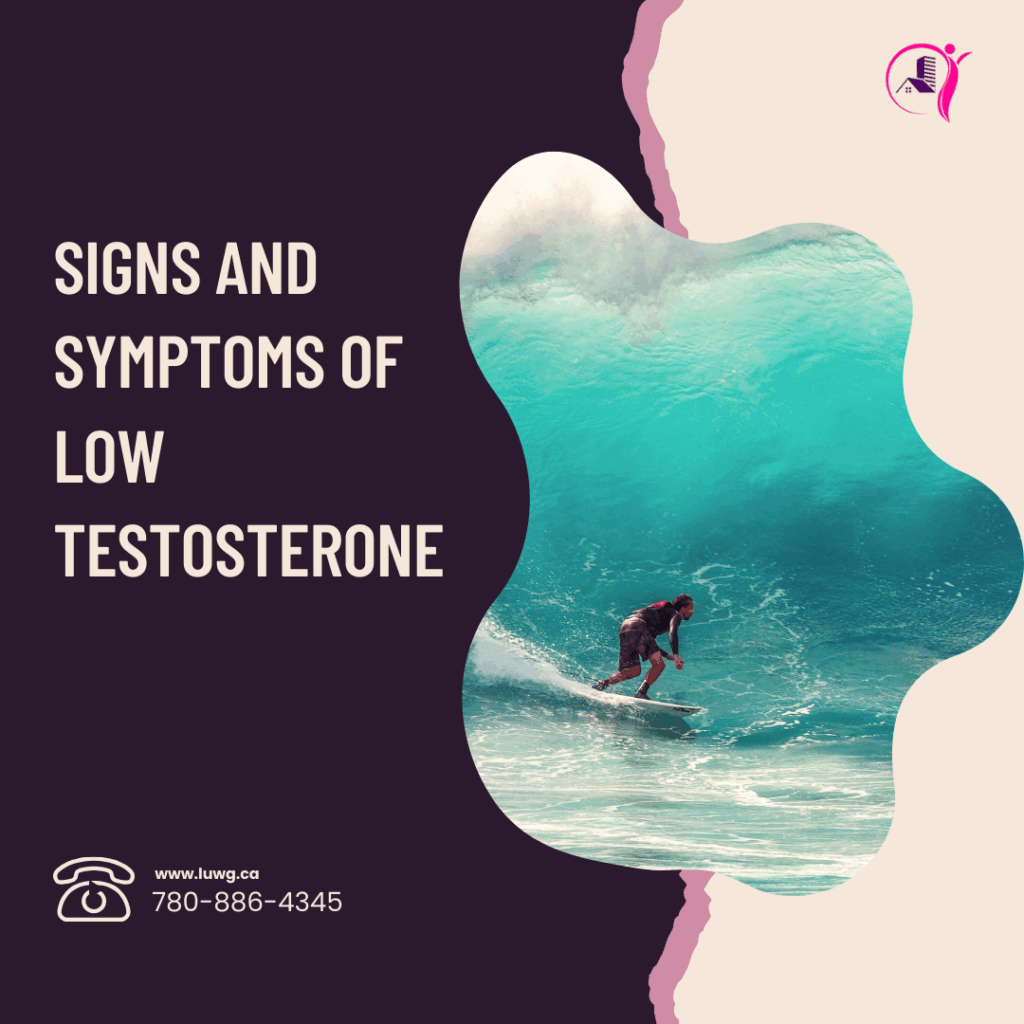
Introduction
Testosterone is a crucial hormone that plays a key role in men’s overall health—influencing everything from muscle mass and sex drive to energy levels and mood. However, as men age, testosterone levels naturally decline. While this is a normal part of aging, some men experience low testosterone (also known as testosterone deficiency or hypogonadism), which can significantly impact their quality of life.
If left untreated, low testosterone can lead to serious health concerns such as obesity, depression, osteoporosis, and even cardiovascular issues. That’s why recognizing the early signs and symptoms of testosterone deficiency is essential. If you suspect you may have low testosterone, consider seeking professional evaluation at LUWG’s Male Hormone Health Clinic, where specialists offer comprehensive testing and treatment options.
In this guide, we’ll explore the most common signs of low testosterone, who is at risk, and when you should seek medical attention.a
What is Low Testosterone?
Testosterone is a steroid hormone primarily produced in the testicles and is responsible for maintaining muscle mass, bone density, fat distribution, and libido. Low testosterone occurs when the body fails to produce enough of this hormone, leading to physical, emotional, and cognitive symptoms.
According to medical experts, testosterone levels below 300 ng/dL (nanograms per deciliter) are considered low. However, symptoms can start appearing even before reaching this threshold.
There are two main types of testosterone deficiency:
- Primary Hypogonadism (Testicular Dysfunction) – The testicles fail to produce enough testosterone due to injury, genetic disorders, or medical treatments like chemotherapy.
- Secondary Hypogonadism (Hormonal Imbalance) – The brain (hypothalamus or pituitary gland) fails to signal the testicles to produce testosterone properly. Conditions like obesity, diabetes, or chronic stress can contribute to this.
If you suspect hormonal imbalances, consulting an expert at LUWG Male Hormone Health is the first step toward proper diagnosis and treatment.
Common Signs and Symptoms of Low Testosterone
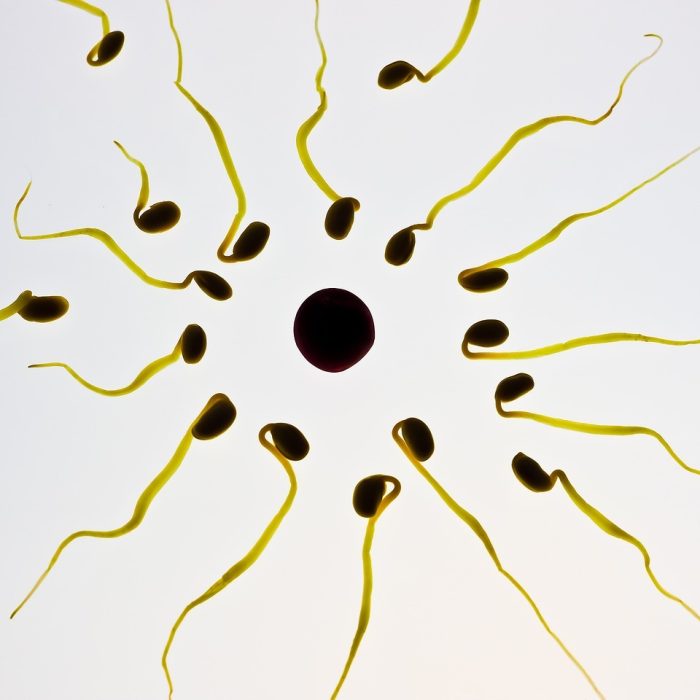
1. Sexual Health Symptoms
Testosterone is essential for male reproductive health, and a decline in its levels can cause:
- Reduced Libido (Low Sex Drive): One of the most noticeable symptoms. If you’ve lost interest in sex, it could be due to low testosterone levels.
- Erectile Dysfunction (ED): Testosterone stimulates nitric oxide production, a key molecule in achieving and maintaining erections.
- Decreased Sperm Production: Low testosterone can reduce sperm count, affecting fertility.
If you’re experiencing these issues, speaking with a specialist at LUWG Male Hormone Health can help determine the best treatment options.
2. Physical Changes
Testosterone plays a crucial role in maintaining muscle mass, metabolism, and body composition. Some physical symptoms of low testosterone include:
- Loss of Muscle Mass and Strength: Even with regular exercise, men with low testosterone may struggle to build or maintain muscle.
- Increased Body Fat: Many men with low testosterone develop more fat, especially around the belly area. Some may even experience gynecomastia (enlarged breast tissue).
- Hair Loss: While genetics is the most common cause of baldness, low testosterone can accelerate hair thinning on the scalp and body.
- Weaker Bones (Osteoporosis): Low testosterone reduces bone density, increasing the risk of fractures.
To assess your hormonal health and prevent long-term complications, consider an evaluation at LUWG Male Hormone Health.

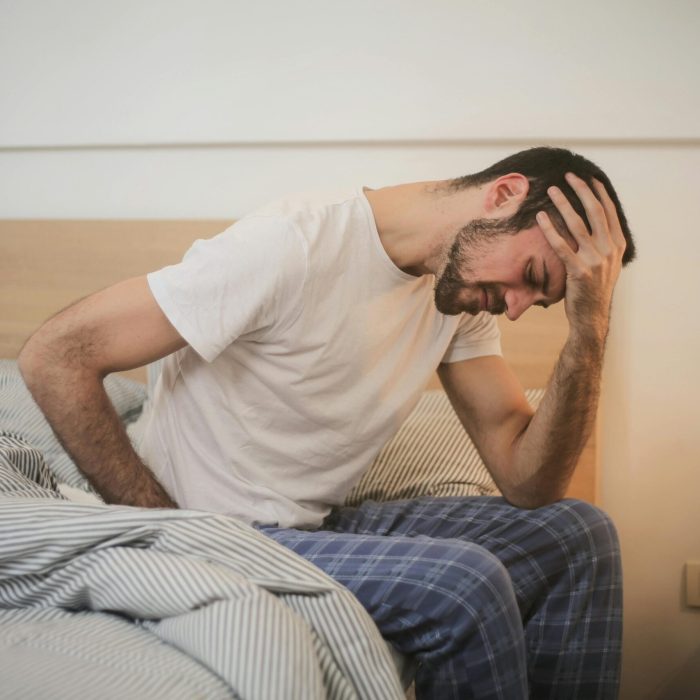
3. Energy and Mood Symptoms
- Chronic Fatigue: Constantly feeling drained, even after a full night’s sleep.
- Depression, Anxiety, and Mood Swings: Low testosterone impacts brain chemicals like serotonin and dopamine, leading to emotional instability.
- Brain Fog & Difficulty Concentrating: Trouble focusing, forgetfulness, and lack of motivation are common cognitive symptoms.
4. Sleep and Metabolic Symptoms
Testosterone also plays a role in regulating sleep patterns and metabolism. Low levels can cause:
- Insomnia or Poor Sleep Quality: Some men struggle with falling or staying asleep, leading to daytime exhaustion.
- Higher Risk of Diabetes and Obesity: Low testosterone affects insulin sensitivity and fat metabolism, making weight gain more likely.
If you’re experiencing these symptoms, scheduling an assessment at LUWG Male Hormone Health can help you determine whether hormone therapy is right for you.
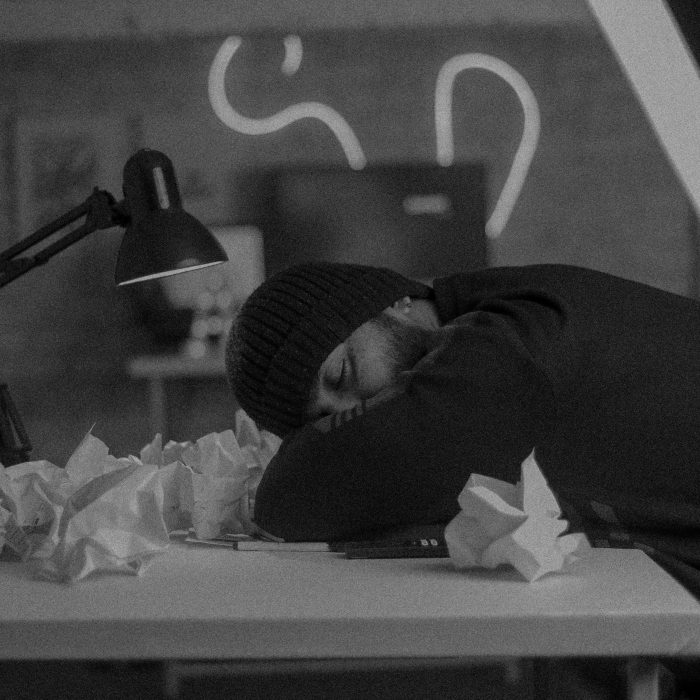
Who is at Risk for Low Testosterone?
Low testosterone can affect men of all ages, but certain factors increase the likelihood of developing testosterone deficiency. Here are some of the most common risk factors:
1. Aging
- Testosterone levels naturally decline by about 1% per year after the age of 30.
- By age 40 or 50, many men experience symptoms such as low energy, decreased libido, and reduced muscle mass.
2. Obesity and Poor Lifestyle Choices
- Excess body fat can convert testosterone into estrogen, leading to hormonal imbalances.
- Lack of exercise and poor diet contribute to lower testosterone production.
- Chronic stress and sleep deprivation further suppress testosterone levels.
3. Medical Conditions and Chronic Illnesses
- Diabetes & Insulin Resistance – Studies show that men with type 2 diabetes are more likely to have low testosterone.
- Cardiovascular Disease – Poor heart health reduces testosterone production, affecting energy and sexual function.
- Thyroid Disorders – Low thyroid hormone levels can disrupt testosterone production.
- Autoimmune Diseases – Conditions like HIV/AIDS or lupus can interfere with testosterone regulation.
4. Medications and Treatments
- Chemotherapy & Radiation – Cancer treatments damage the testes, leading to lower testosterone levels.
- Steroid Use – Corticosteroids and anabolic steroids disrupt natural testosterone production.
- Opioid Medications – Long-term opioid use reduces hormone production, leading to low testosterone.
5. Brain and Pituitary Gland Disorders
- Kallmann Syndrome – A rare genetic condition affecting the hypothalamus, preventing proper testosterone production.
- Pituitary Tumors – Tumors on the pituitary gland can reduce testosterone levels by disrupting hormone signals.
If you fall into any of these risk categories, consider LUWG’s Male Hormone Health for expert evaluation and treatment options.
When to See a Doctor?
Recognizing low testosterone symptoms early can help prevent long-term health complications. You should consult a doctor if you experience:
- Persistent fatigue and low energy levels
- Reduced sex drive or erectile dysfunction
- Unexplained weight gain and muscle loss
- Mood swings, depression, or difficulty concentrating
- Thinning hair or gynecomastia (breast tissue development in men)
How is Low Testosterone Diagnosed?
- Normal testosterone levels range between 300–1,000 ng/dL.
- If your levels are below 300 ng/dL, further testing may be required to determine the underlying cause.
Treatment Options for Low Testosterone
1. Testosterone Replacement Therapy (TRT)
TRT is the most common medical treatment for low testosterone. It can be administered in several forms:
- Gels & Creams – Applied daily to the skin for slow hormone absorption.
- Patches – Worn on the skin to deliver a consistent dose of testosterone.
- Injections – Administered weekly or bi-weekly for faster results.
- Pellets – Implanted under the skin for long-term testosterone release.
TRT can help improve energy, libido, muscle mass, and mood, but it’s important to discuss potential side effects with a specialist.
2. Lifestyle Changes to Naturally Boost Testosterone
- Exercise Regularly – Strength training and HIIT workouts can increase testosterone levels naturally.
- Maintain a Healthy Diet – Eating foods rich in healthy fats, zinc, and vitamin D supports hormone production.
- Get Enough Sleep – Poor sleep lowers testosterone, so aim for 7-9 hours of quality rest each night.
- Manage Stress – Chronic stress raises cortisol, which suppresses testosterone. Practices like meditation and deep breathing help balance hormones.
3. Mental Health Support for Low Testosterone
Low testosterone is often linked to depression, anxiety, and mood swings. In addition to medical treatment, therapy and counseling can help.
At LUWG Individual Therapy & Counseling, trained professionals provide mental health support to help men cope with emotional challenges related to low testosterone.
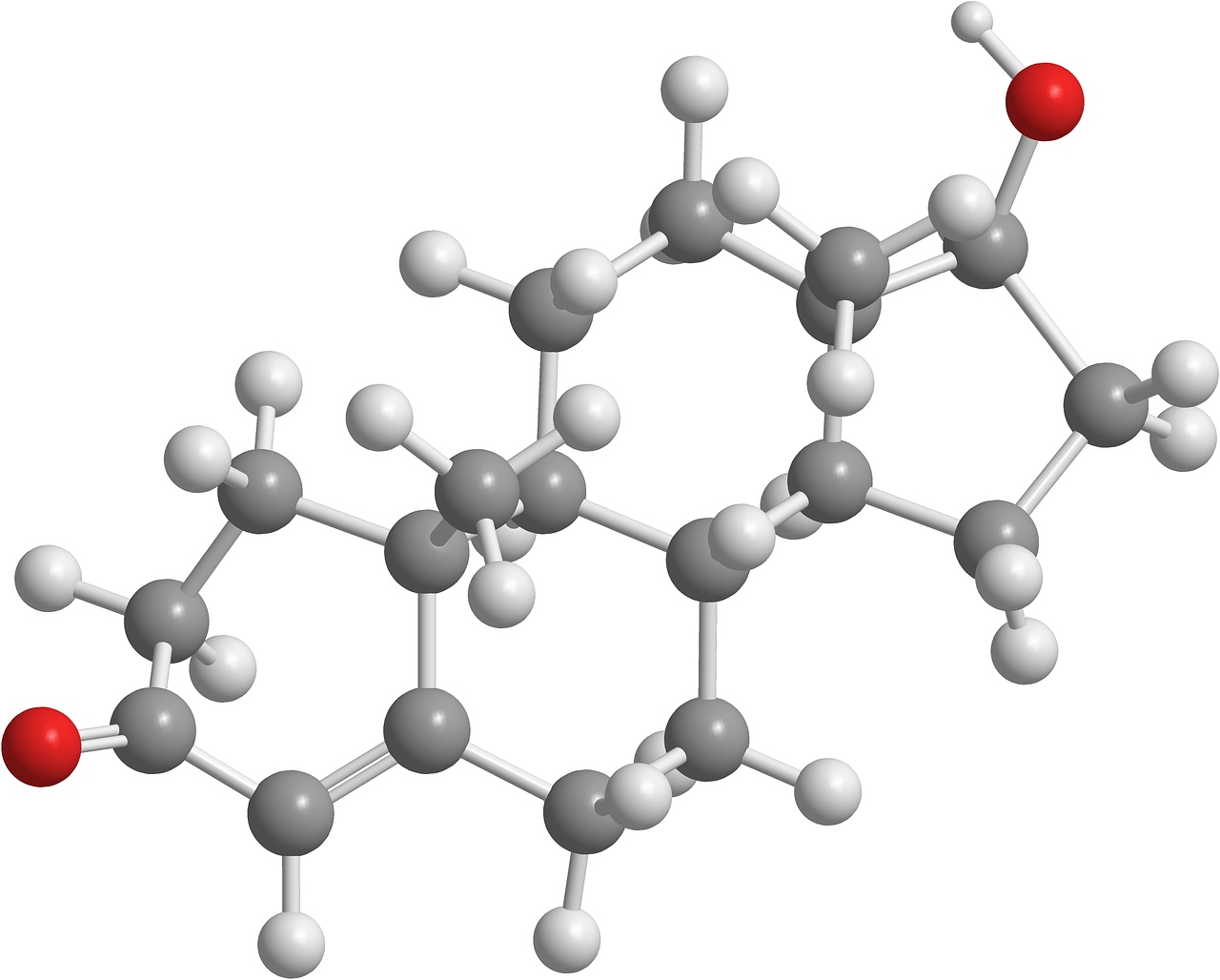
Final Thoughts
Low testosterone affects millions of men worldwide, yet many suffer in silence without realizing they have a treatable condition. If you’re experiencing persistent fatigue, low libido, mood changes, or muscle loss, it may be time to get tested.
Take control of your health today by visiting LUWG Male Hormone Health for expert diagnosis and customized treatment options.
Don’t let low testosterone hold you back—start your journey toward better health now!


